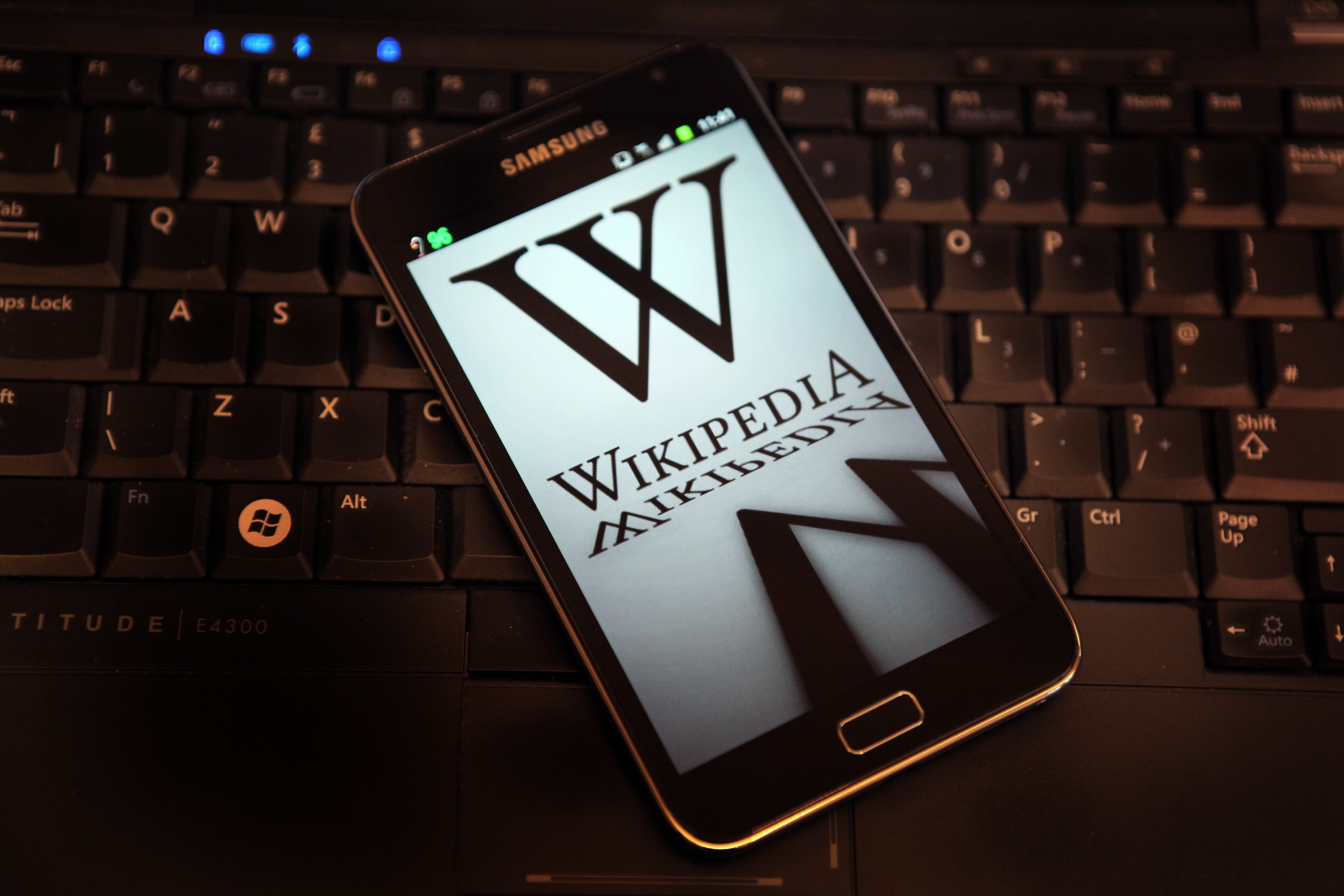Updating cities’ Wikipedia pages could boost tourism by ‘billions of euros’
Study finds edits could bring in £100,000 a year for a small city

Your support helps us to tell the story
From reproductive rights to climate change to Big Tech, The Independent is on the ground when the story is developing. Whether it's investigating the financials of Elon Musk's pro-Trump PAC or producing our latest documentary, 'The A Word', which shines a light on the American women fighting for reproductive rights, we know how important it is to parse out the facts from the messaging.
At such a critical moment in US history, we need reporters on the ground. Your donation allows us to keep sending journalists to speak to both sides of the story.
The Independent is trusted by Americans across the entire political spectrum. And unlike many other quality news outlets, we choose not to lock Americans out of our reporting and analysis with paywalls. We believe quality journalism should be available to everyone, paid for by those who can afford it.
Your support makes all the difference.Small adjustments to Wikipedia pages could unlock billions of pounds’ worth of tourism revenue, according to a new study.
An experiment found that updating the entry for a small city on the online encyclopaedia could lead tourists to spend an extra £100,000 a year.
Economists at Collegio Carlo Alberto in Turin, Italy, randomly selected cities across Spain to receive improvements to their Wikipedia pages, reports The Guardian.
These consisted of adding paragraphs about the cities’ local attractions and history, plus a few high-quality pictures of the destination.
The copy wasn’t new in most cases – the researchers simply translated the Spanish version of the page into French, German, Italian or Dutch and copied it across.
The result of the updates was a marked increase in interest from tourists.
An extra two paragraphs of text and the addition of one photo to a city’s entry elevated the number of nights spent in the city by 9 per cent on average during peak season.
For cities where the original Wikipedia page had contained very little information, even minor additions had an even more pronounced impact, resulting in a third more visits in some cases.
“If we extend this to the entire tourism industry, the impact is large,” said the study’s authors, Marit Hinnosaar, Toomas Hinnosaar and Michael Kumme.
“Its impact could be in billions of euros.”
However, it wasn’t all smooth sailing for the experiment.
The Dutch version of Wikipedia rejected all the improvements to entries after a senior editor became aware of the experiment.
All further updates from the economists were banned due to the fact that “commercial editing” is prohibited; the experiment was believed to fall into this category.

Join our commenting forum
Join thought-provoking conversations, follow other Independent readers and see their replies
0Comments